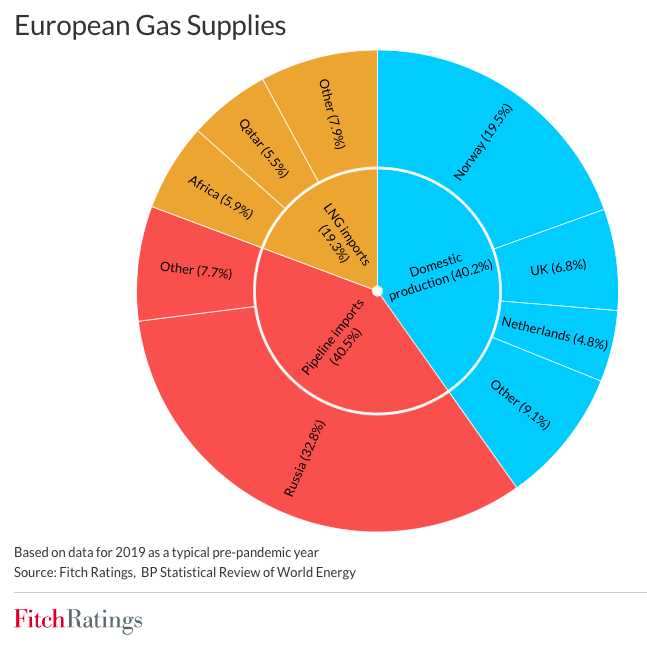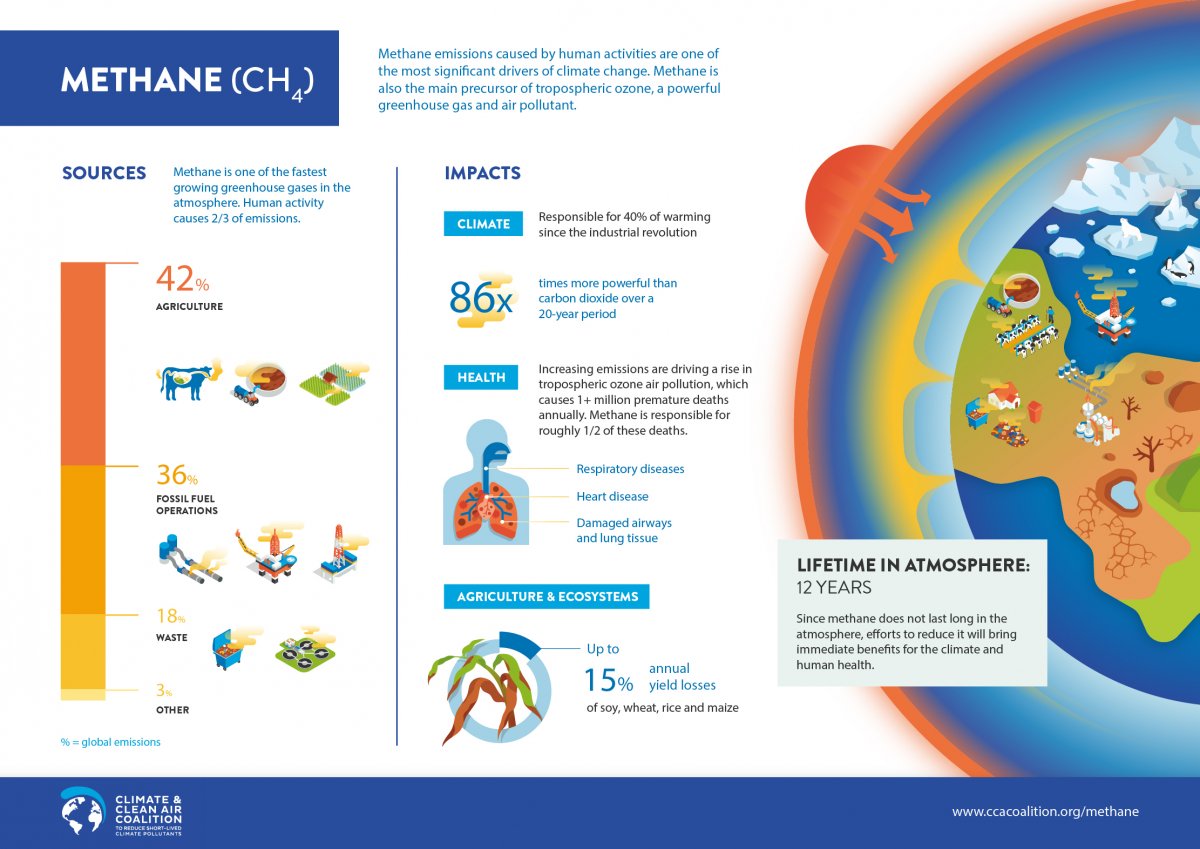Recent facts are "Earthbreaking"
by Dr Francesca Di Palo, Sustainability Officer, Sustainable NI
Just a few months have passed since the 26th UN Climate Change Conference. Unfortunately, however, recent political decisions have retrogressed to non-renewable, dirty forms of energy.
On 2 February 2022, the European Commission approved in principle a Complementary Climate Delegated Act including, under strict conditions, specific nuclear and gas derived energy in the list of economic activities covered by the EU taxonomy.
Coincidentally, at the beginning of February, just a few days later, researchers at the Joint European Torus announced the success of a nuclear fusion experiment after more than two decades of trials. Scientists produced 59 megajoules of heat from a five-second burst of fusion, the equivalent of the energy needed to boil 60 kettles (Guardian).
Fantastic! Nuclear fusion can be successfully recreated on Earth. It holds the potential of virtually unlimited low-carbon energy with only minimal amounts of short-lived radioactive waste (BBC).
Are we seriously exulting for that? Unfortunately, what the subtext doesn't include is that nuclear and fossil fuel industry lobbies are playing with the wellbeing of humanity - and the planet.
The so-called EU taxonomy will see certain investments in gas and nuclear included in the category of "transitional economic activities."
The commission has insisted that gas plays a vital role in the green transition. But the categorisation of this fossil fuel as a so-called transitional activity also follows intense lobbying from EU member states fuelled by the gas industry.
To make matters worse, Europe and the UK would also continue to do business with a supplier, Russia, that has a track record of using its gas supplies as a political and economic bargaining tool with other countries.
In the meantime, in Northern Ireland, protests continue to try to halt the construction of gas caverns on the Antrim coastline after a controversial marine licence was issued last October by the Department of Agriculture, Environment and Rural Affairs (DAERA) (read more).
The at-risk coastline and surrounding waters have multiple designations as an internationally important conservation area, notably the North Channel Special Area of Conservation (SAC) and the proposed East Coast Special Protection Area (pSPA) and functionally linked to the adjoined Larne Lough SPA, Ramsar and the Area of Special Scientific Interest (ASSI), Portmuck ASSI, the Gobbins ASSI and the Maidens SAC (RSPB).
We cannot forget the valiant work of a local community movement that has the support of the Hollywood actor Mark Ruffalo, to stop hydraulic fracturing of rocks for shale gas extraction, better known as fracking, across the island of Ireland.
Mark Jacobson, Professor of Civil and Environmental Engineering and Director of the Atmosphere/Energy Programme at Stanford University, has made an interesting point, followed by seven more reasons why nuclear cannot be the future. To build a nuclear plant can take, on average, 14 years, from planning to when it becomes operational. About 7.1 million deaths worldwide are due to air pollution each year, and 90% are caused by energy-related combustion (WHO). That means by the time the current energy system is converted to an all-nuclear scenario, 93 million people will have died. On the other hand, wind and solar farms, technologies already at our disposal, require a lead in time of 2 - 5 years, so transitioning to 100% renewables as soon as possible would result in tens of millions fewer deaths.
Rebranding nuclear as clean and zero-carbon is a good PR strategy that does not eliminate the dangerous legacy of nuclear waste and uranium mining overseas. It is symptomatic of humankind's desire for a quick fix.
A similar PR stunt was developed many years ago for methane, better known as "natural" gas, and it continues today, where gas is considered sustainable by policymakers. Proponents like to portray the fuel as a cuddlier cousin to coal and oil when it comes to climate because it generates less carbon dioxide when burned. The truth is that methane, whilst short-lived, is 120 times more potent at trapping heat than CO2, what scientists call radioactive forcing or climate forcing. Still, methane leakage in natural gas production is enough to cancel its strongly-supported advantages as a less potent greenhouse gas. It leaks at every stage of the production and transportation process. Moreover, carbon budgets are set so that developed countries decarbonise faster to allow developing countries more time to adapt; therefore, natural gas is already breaking the global carbon budget. These facts should be enough to rule it out from any future energy strategy.


